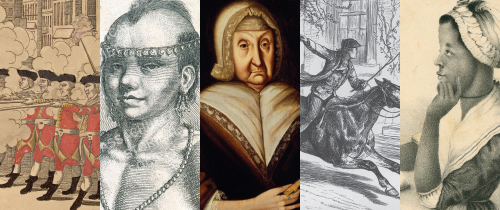The American Funding

MHS Event
Authors: Katie Moore, University of California, Santa Barbara; Ann Daly, Mississippi State University
Comment: Simon Middleton, The College of William & Mary
This panel discussion will consider two papers on the history of money from the mid-18th through the early 19th centuries. Katie Moore’s essay will examine the political, economic, and monetary preconditions that informed the colonial Massachusetts land bank "controversy." While previous scholars have linked the land bank to parallel events such as the Great Awakening or to the coming of the American Revolution, this paper reappraises it as a solution to the full demand for labor that shaped Massachusetts’ economic decline after Queen Anne’s War and imperial restrictions that prohibited the colony from issuing its own currency after 1741. Ann Daly’s essay will then consider the cultural construction of monetary value in the antebellum US through two approaches to valuing individual coins. Known as the ‘science of real money,’ the first was a system of scientific analysis developed by federal scientists at the US Mint for elite capitalists. At the same time, lower-class Americans developed a competing, sensory approach to assessing coinage. Whether they deployed scientific assessment or embodied inquiry, all Americans needed to gather knowledge to protect themselves from bad money.
The Pauline Maier Early American History Seminar invites you to join the conversation. Seminars bring together a diverse group of scholars and interested members of the public to workshop a pre-circulated paper. Learn more.
Please note, this is an online event hosted on the video conference platform, Zoom. Registrants will receive a confirmation message with attendance information.
Subscribers for the current year may login to view currently available essays.
Online Event
